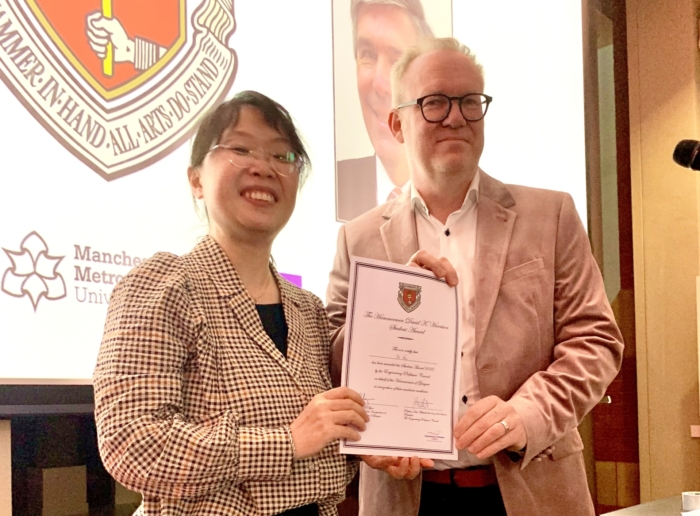20 September 2012: The American Society for Engineering Education reports that Columbia University is to offer engineering courses through Coursera.
The New York Times (9/20, Lewin, Subscription Publication) reports, “Coursera, a start-up online education company that has enrolled 1.35 million students in its free online courses since it began just five months ago, is now more than doubling, to 33, its partners, universities that will offer classes on its platform. All together, Coursera will provide more than 200 free ‘massive open online courses.’ known as MOOCs. The new partners include two more Ivy League institutions, Brown University and Columbia University; a liberal arts college, Wesleyan University; specialized institutions like the Mount Sinai School of Medicine; public research universities like the University of Florida; and more international schools like the University of Melbourne, Hebrew University of Jerusalem and Hong Kong University of Science and Technology.” Columbia “will start on Coursera with two engineering courses, according to the provost, John Coatsworth, but expects to expand to more courses in a variety of fields over the next year.”
The AP (9/20, Chea) reports the announcement “underscores the rapid expansion of” MOOCs “that are reshaping the higher education landscape. Coursera, a for-profit company started by two computer science professors at Stanford University, will now offer more than 200 courses from 33 institutions that are open to anyone with Internet access. Officials said the website has registered 1.3 million students around the world.”
Fast Company (9/20, Kamenetz) explains, “Coursera courses are 6 to 10 weeks long, with an hour or two of videos per week. In addition to the snap quizzes, they feature weekly exercises, ranging from problem sets to spreadsheets to design projects or essays, and sometimes a final project or exam. For all quantitative courses, the platform uses artificial intelligence to evaluate each longer exercise, with instant results. Students can keep trying until they get the right answer.”
Forbes (9/20, Pereira) reports, “The addition of the first Asia-based universities to the roster gives the platform a more global reach. The expansion is in line with the founders’ vision of opening up education to all – regardless of income, location or background. ‘Education is very broad, and international institutions can bring new dimensions to our course offerings,'” said co-founder Daphne Koller.
Inside Higher Ed (9/20, Kolowich) reports, “Andrew Ng, one of its co-founders, said Coursera will probably double its university partnerships at least one more time before it stops recruiting new institutions.” Coursera’s rapid expansion “raises questions about how broad a range of disciplines might be effectively adapted to the MOOC format. A report released last week by Moody’s Investors Service predicted that the new breed of open online course could eat into the business of for-profit providers of conventional online higher education. This will depend, the authors said, on whether MOOC providers such as Coursera are interested, and capable, of replicating vocational courses at scale, for free.”




